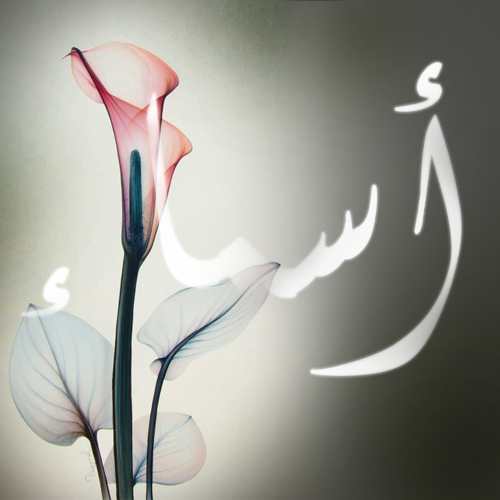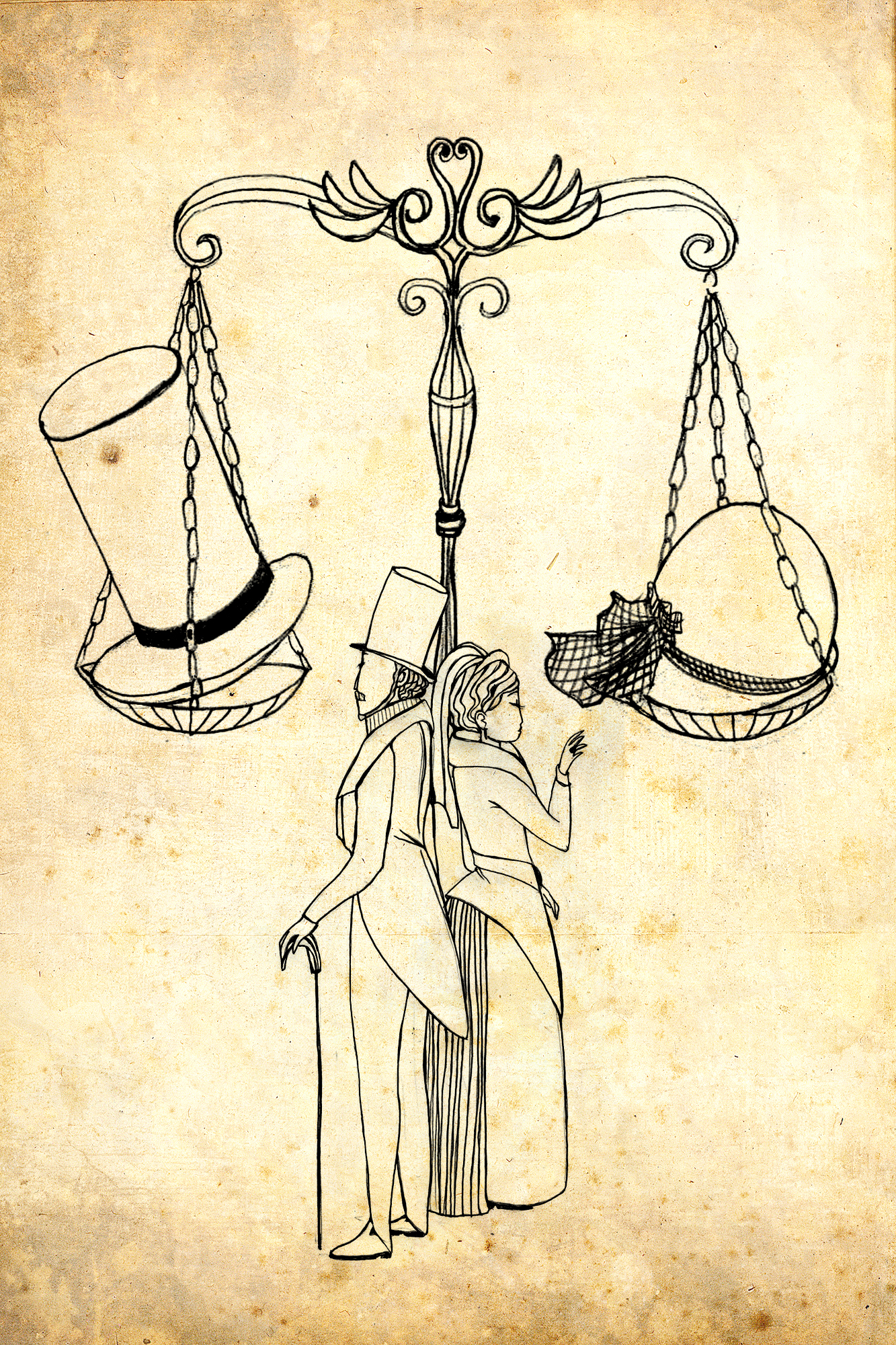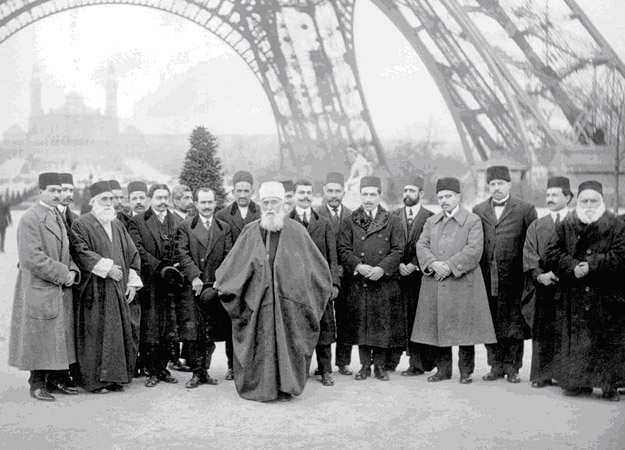In the teachings of the Baha’i Faith, women are considered as important elements in our society that promote education, spiritual and ethical values, and instruments that direct their energies in social growth and prosperity. Unfortunately, there exists many inequalities against women in both the East and the West. For example, in the current global economy, institutions and organizations hold the view that women are not “rational” for decision processes since they believe they are emotionally motivated and that women base their judgement on impulsive motives (University of Louisiana at Lafayette Thesis by Roslin Growe and Paula Montgomery – Women and the Leadership Paradigm: Bridging the Gender Gap). Other stereotypes include that women are not “educated” enough to be leading workers in an organization. Unfortunately, such prejudices lead to women being discouraged from attaining higher goals, or values, in their lives. According to the 2007 Census for the United States, from the 210,019 individuals who participated, woman are 50.1% of the working industry. However, the mean, or average, income of women is 62% of the mean income of working males in the industry.
Even though there are global forces that are working in narrowing the gap between male and females, certain cultural elements in our society and even media pressures them through the negative stereotype that is amplified in our economic system. What’s even more disheartening is that the effect of such stereotypes and mental framework are directly effecting the performance of women, too. In the book Predictably Irrational – The Hidden Forces that Shape our Decisions, Dan Ariely discusses the influence of our environment in our decision making through series of experiments conducted by scientists, behavioral economists and psychologists. In chapter 9, “The Effect of Expectations – Why the Mind Gets What It Expects,” Ariely describes an experiment testing Asian American and women stereotypes, he states:
“Research on stereotypes shows not only that we react differently when we have a stereotype of a certain group of people, but also that stereotyped people themselves react differently when they are aware of the label that hey are forced to wear (in psychological parlance, they are “primed” with this label). One stereotype of Asian-Americans, for instance, is that they are especially gifted in mathematics and science. A common stereotype of females is that they are weak in mathematics. This means that Asian-American women could be influenced by both notions…Those who had been reminded that they were women performed worse than those who had been reminded that they were Asian-American. These results show that even our own behavior can be influenced by our stereotypes, and that activation of stereotypes can depend on our current state of mind and how we view ourselves a the moment.”
In my opinion, it is a shame that such prejudice holds in our community when in fact women are the first educators of the child.
The question to now ask are:
What is the role of women in the society?
What purpose do their role play?
And how can we eliminate these prejudices from our community?
To help you answer these questions, I have gathered some beautiful quotes from Baha’i Writings, Philosophers and other renowned figures. I believe that these quotes are universal, and are suitable for this current time and age for our society to diagnose this prejudice and heal the wounds and the suffrage that women felt. I hope you enjoy them as much as I did:
Women, Education and Abolition of War:
“…imbued with the same virtues as man, rising through all the degrees of human attainment, women will become the peers of men, and until this equality is established, true progress and attainment for the human race will not be facilitated.
The evident reasons underlying this are as follows: Woman by nature is opposed to war; she is an advocate of peace. Children are reared and brought up by the mothers who give them the first principles of education and labor assiduously in their behalf. Consider, for instance, a mother who has tenderly reared a son for twenty years to the age of maturity. Surely she will not consent to having that son torn asunder and killed in the field of battle. Therefore, as woman advances toward the degree of man in power and privilege, with the right of vote and control in human government, most assuredly war will cease; for woman is naturally the most devoted and staunch advocate of international peace.”
– ‘Abdu’l-Bahá, The Promulgation of Universal Peace: Talks Delivered by ‘Abdu’l-Bahá During His Visit to the United States and Canada in 1912, p. 375
First Educators of Mankind:
“The duty of women in being the first educators of mankind is clearly set forth the Writings. It is for every woman, if and when she becomes a mother, determine how best she can discharge on the one hand her chief responsibility a mother and on the other, to the extent possible, to participate in other aspect of the activities of the society of which she forms a part.”
– ‘Abdu’l-Bahá, Lights of Guidance, p. 619
Women should devote their energies to Sciences:
“Woman must especially devote her energies and abilities toward the industrial and agricultural sciences, seeking to assist mankind in that which is most needful. By this means she will demonstrate capability and ensure recognition of equality in the social and economic equation.”
– ‘Abdu’l-Bahá, The Promulgation of Universal Peace: Talks Delivered by ‘Abdu’l-Bahá During His Visit to the United States and Canada in 1912, p. 238
Liberation of Women can be achieved through equality:
“To be liberated, woman must feel free to be herself, not in rivalry to man but in the context of her own capacity and her personality.”
– Indira Gandhi, Selected Speeches and Writings of Indira Gandhi, September 1972 – March 1977
Being a mother and an instrument in the transformation of society:
“In my memoir, I wanted to introduce American women to Iranian women and our lives. I’m not from the highest echelons of society, nor the lowest. I’m a women who is a lawyer, who is a professor at a university, who won the Nobel Peace Prize. At the same time, I cook. And even when I’m about to go to prison, one of the first things I do is to make enough food and put it in the fridge for my family.”
– Shirin Ebadi, from 2006 interview by New America Media editor Brian Shott (translator, Banafsheh Keynoush) about her newly released book, Iran Awakening: A Memoir of Revolution and Hope
Education can unleash the potential of women:
“The woman who is forbidden to educate herself save in the duties of the servant, or is limited in her educational pursuits is indeed a slave, because her natural instincts and God-given talents are subordinated in deference to her condition, which is tantamount to moral enslavement.”
– Qasim Amin, Al-Marat Al Jadidah
Education can reveal the treasure of our capacities:
“Regard man as a mine rich in gems of inestimable value. Education can, alone, cause it to reveal its treasures, and enable mankind to benefit therefrom.”
– Baha’u’llah, Tablet of Maqṣúd



